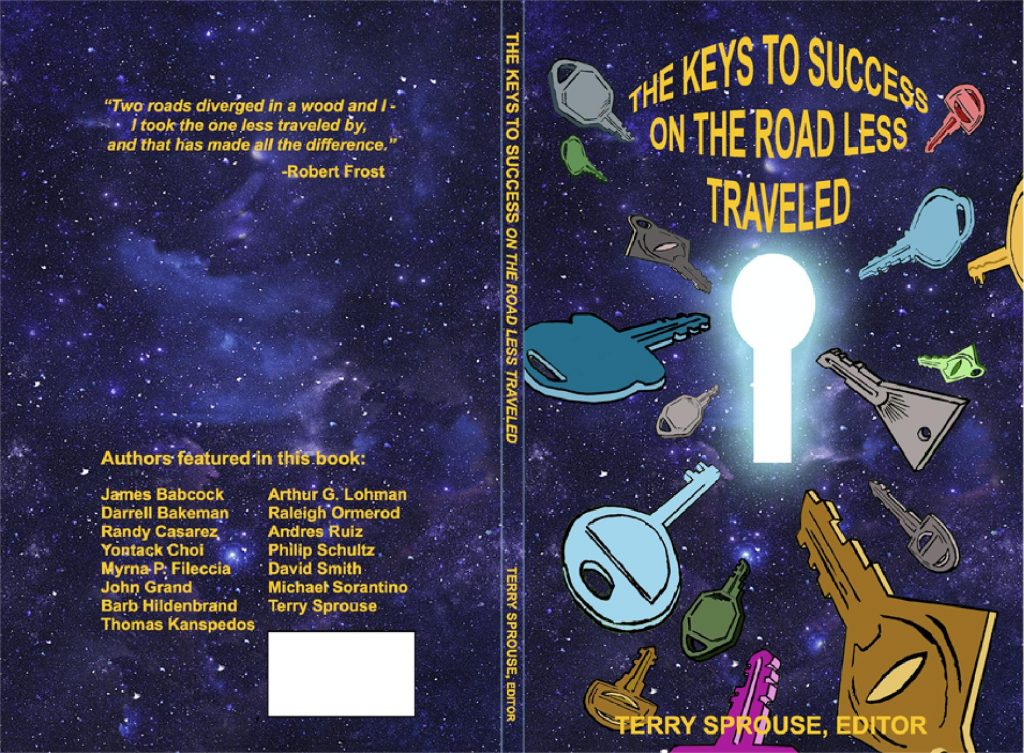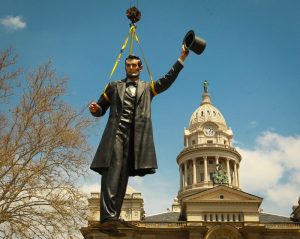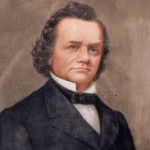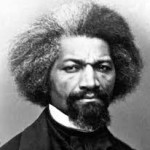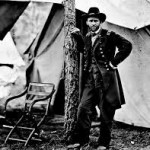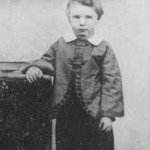“I am not bound to win, but I am bound to be true. I am not bound to succeed, but I am bound to live up to what light I have.” Abraham Lincoln, Speech in Peoria, Illinois, 1854.
“Mr. Lincoln retained through life all the friends he ever had, and he made the wrath of his enemies to praise him. This was not by cunning or intrigue in the low acceptations of the term, but by far-seeing reason and discernment.” Leonard Swett, Attorney
_____
There are underlying rules that govern how life works. They may not always be readily apparent, but still they work. Yet to some of us, the fundamental rules of life often seem like a mystery. Like when the grandson asked Grandpa,
“How soon will I be old enough to do as I please?”
“I don’t know,” replied Grandpa. “Nobody has ever lived that long.”
A Slip but Not a Fall
After a loss to Stephen Douglas in the senatorial election of 1858, Lincoln slipped on a patch of ice in front of his house. His legs went out from under him, but he put out his arms as he fell, and caught himself before his body hit the ground.
“It was a slip but not a fall,” he muttered. His face was lost in thought and he repeated, “a slip but not a fall.”
To Lincoln, it was an omen that his loss in the senatorial election did not end his chance to be nominated for president. Lincoln saw that his chances were still strong to win the Republican nomination for president. It helped that his fame had spread like wildfire after the publication of transcripts of the Lincoln-Douglas debates in national newspapers.
Mastering Disaster
In Abraham Lincoln’s world, virtually any obstacle was viewed as a stepping stone, or a lesson, to prepare him for the great things that he expected to happen in the future. If we view our own lives, like Lincoln did, as having meaning and purpose, then we too can frame all of our experiences (negative or positive) so that they always appear to be beneficial to us.
As Alberto Villoldo (The Four Insights) said,
“History is not what actually happened, but how you choose to remember it –that is, how it lives within you.”
Dealing With the Worry Monster
I am someone who sometimes (almost always) worries too much. For example, one
day the exterminator was coming to kill some ants in a rental house I own, at 10:30 AM. I couldn’t be there as I had a job as a substitute teacher that day, so I worried that the tenant would not be there when the exterminator arrived and I’d be charged for a visit.
I also worried that, if the tenant were there, the exterminator would overcharge me because I’m not there to supervise him. I worried about this all morning as I was teaching. And what did all this worrying accomplished? Not much, except my stomach hurt because I’d been worrying so much.
If I look at the big picture, I would ask myself, “What is the worst thing that could happen?”
1) The exterminator arrives and the tenant is not there, so the exterminator comes back next week.
2) The exterminator charges a little more than usual, but he’s been there before so I know the standard rate. He can’t deviate too much from that.
At the end of the day, the worst that happens is I lose a few bucks and the ants get killed next week. No big deal. It’s not worth getting a stomach ache over. Everything will still get done. The world will not stop spinning.
I took a deep breath.
The long range goal for my rental houses is to hold onto them another 10 years, and then sell them to fund my retirement. As long as I have paying tenants living in the rental houses, the planets are lined up. Everything else, including exterminating ants or even a late rent payment, is just a minor detail.
I start to feel better when I think about it that way.
Patience Keeps the Worry Monster at Bay
Pablo Picasso famously said,
“Only put off until tomorrow what you are willing to die having left undone.”
Yet, to be a “Master of Disaster,” sometimes it’s better to exercise patience, and to let things unfold at their own pace.
Upcoming Pesentations:
April 14, 2018. “Publish or Perish.” Pen to Podium Toastmasters. Hardesty Center, 1100 S. Alvernon. Tucson, AZ, 9:00 am.
June 5, 2018. “How Abraham Lincoln Used Stories to Touch Hearts, Minds and Funny Bones.” Arizona Society for Professional Hypnosis. Scottsdale Senior Community Center,1700 North Granite Reef Road, Meeting Room 7, Scottsdale, AZ, 6:30 pm.
October 20, 2018. How Abraham Lincoln Used Stories to Touch Hearts, Minds and Funny Bones. Prescott Valley Public Library (7401 E. Civic Circle), 1:00 – 2:00 pm. Prescott, AZ.
NOW AVAILABLE!!!
